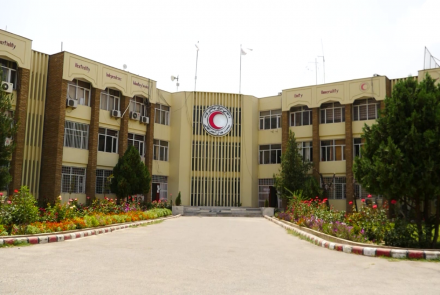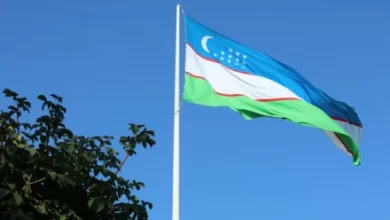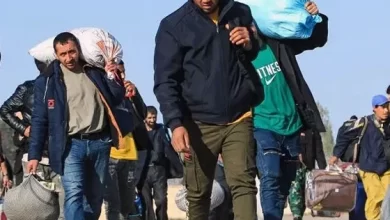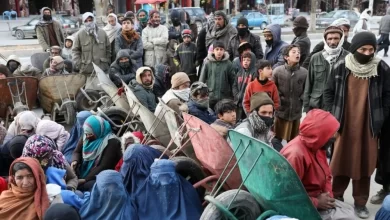Afghan Red Crescent Treats 300 Children with Heart Defects Monthly

Officials from the Afghan Red Crescent Society (ARCS) stated during a reporting event on Wednesday that the organization treats approximately 300 children with congenital heart defects each month in ten domestic hospitals.
Hafiz Azizur Rahman, Deputy Head of ARCS, emphasized during the six-month performance report event that the treatment of children with congenital heart defects is one of the most expensive areas of the organization’s activities.
According to him, organizations such as the International Federation of Red Cross and Red Crescent Societies, the Red Cross of Norway, Denmark, Turkey, and Qatar are key partners supporting various ARCS projects.
Hafiz Azizur Rahman further stated: “The majority of our budget is allocated to the treatment of children with congenital heart defects. We treat 300 children every month.”
He also noted that ARCS is currently assisting 597 orphans, widows, needy individuals, and elderly people by providing aid and vocational training to help them achieve self-sufficiency.
Additionally, he highlighted the organization’s achievements in collecting beggars from the streets.
“ARCS has provided 4,098,132 Afghanis in cash assistance to 627 beggar families, whose total members amount to 3,413. The process of supporting these registered families will continue in the future,” said Hafiz Azizur Rahman.
On another note, the ARCS spokesperson stated that the organization generates revenue through property rentals and a specific percentage of passport and customs service fees.
Mudasir Hamraz, the ARCS spokesperson, said: “This institution owns properties in the country and earns revenue through them. Additionally, part of its income is provided by the Passport Directorate and Customs Authority.”
Officials from the Afghan Red Crescent Society also mentioned that the organization operates in key areas such as responding to emergencies, providing financial aid to the needy, and addressing health issues.



